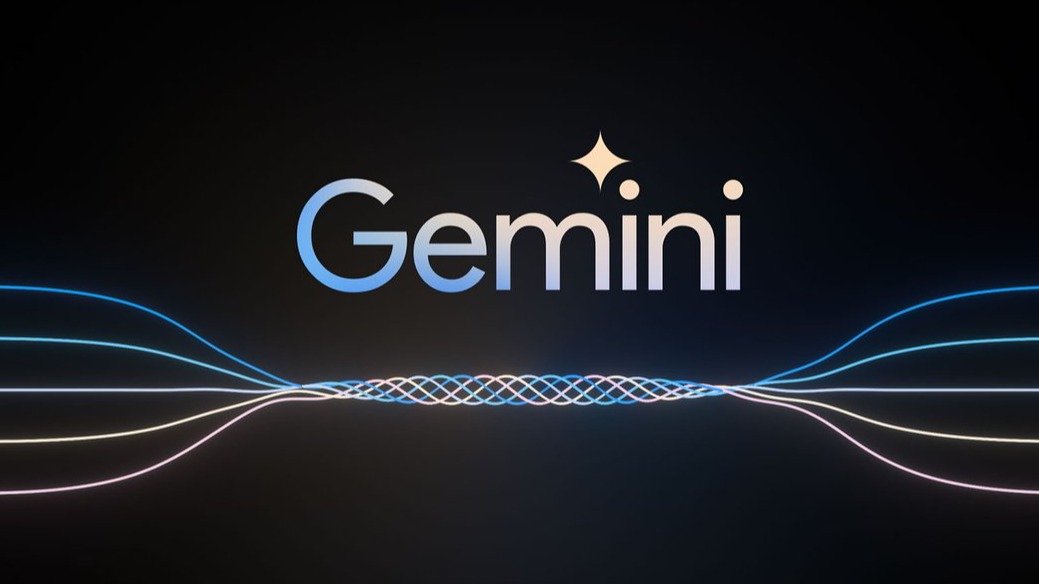Alphabet-owned Google has been handed a €250 million fine for breaches of EU intellectual property rules over the use of content to train its AI platform.
The Autorité de la concurrence on Wednesday said that Bard – which has since has been rebranded as Gemini – was trained on content from publishers and news agencies without notifying them.
The fine stems from a copyright dispute in the country in a case that was triggered by complaints from local news organisations.
Google, which has said it would not contest the facts as part of settlement proceedings, had dropped its appeal against an initial €500 million fine issued to the company in 2022, but the watchdog had reopened the case over the AI program.
In a statement issued on Wednesday, the regulator said that Google had violated the terms of four out of the seven commitments to which it had agreed in the settlement. These terms included conducting negotiations with publishers in good faith and providing transparent information on how it sourced its content.
The regulator said that Bard, launched in 2023, was trained on data from unspecified outlets and agencies without consent or informing them. This, the regulator said, hindered the ability of publishers to negotiate fair prices.
It said: "Subsequently, Google linked the use of the content concerned by its artificial intelligence service to the display of protected content.”
The issue of intellectual property rights infringement to train AI models has been brought to the fore over the past 12 months. The New York Times currently has a lawsuit against OpenAI, while the Microsoft-backed company earlier this year admitted to the UK parliament that “it would be impossible to train today’s leading AI models without using copyrighted materials.”
Latest News
-
Just Eat latest to launch AI voice assistant
-
Microsoft launches chip to speed up inference workloads in Azure
-
FCA announces advanced AI review
-
Meta, TikTok and YouTube face first jury trial over claims platforms harm young users' mental health
-
Ofcom opens investigation into Meta over WhatsApp data disclosure
-
Amazon to cut 16,000 staff
The future-ready CFO: Driving strategic growth and innovation
This National Technology News webinar sponsored by Sage will explore how CFOs can leverage their unique blend of financial acumen, technological savvy, and strategic mindset to foster cross-functional collaboration and shape overall company direction. Attendees will gain insights into breaking down operational silos, aligning goals across departments like IT, operations, HR, and marketing, and utilising technology to enable real-time data sharing and visibility.
The corporate roadmap to payment excellence: Keeping pace with emerging trends to maximise growth opportunities
In today's rapidly evolving finance and accounting landscape, one of the biggest challenges organisations face is attracting and retaining top talent. As automation and AI revolutionise the profession, finance teams require new skillsets centred on analysis, collaboration, and strategic thinking to drive sustainable competitive advantage.
© 2019 Perspective Publishing Privacy & Cookies









Recent Stories